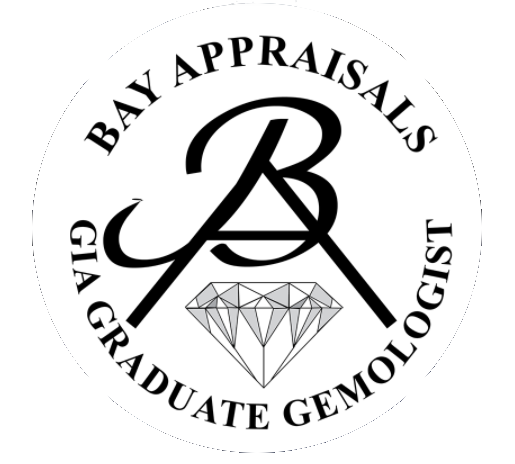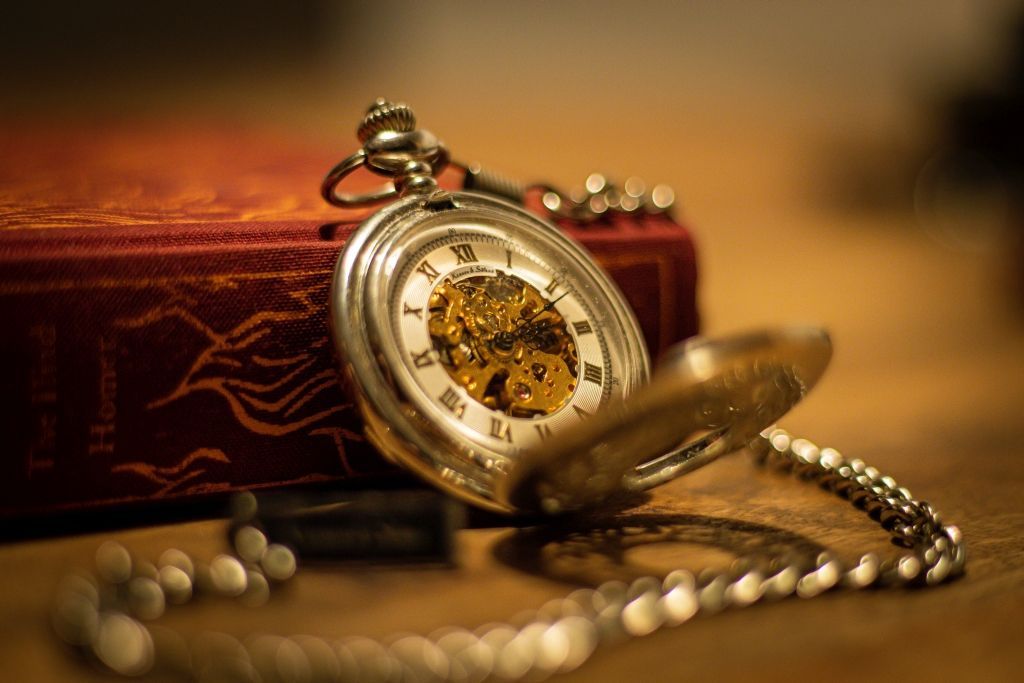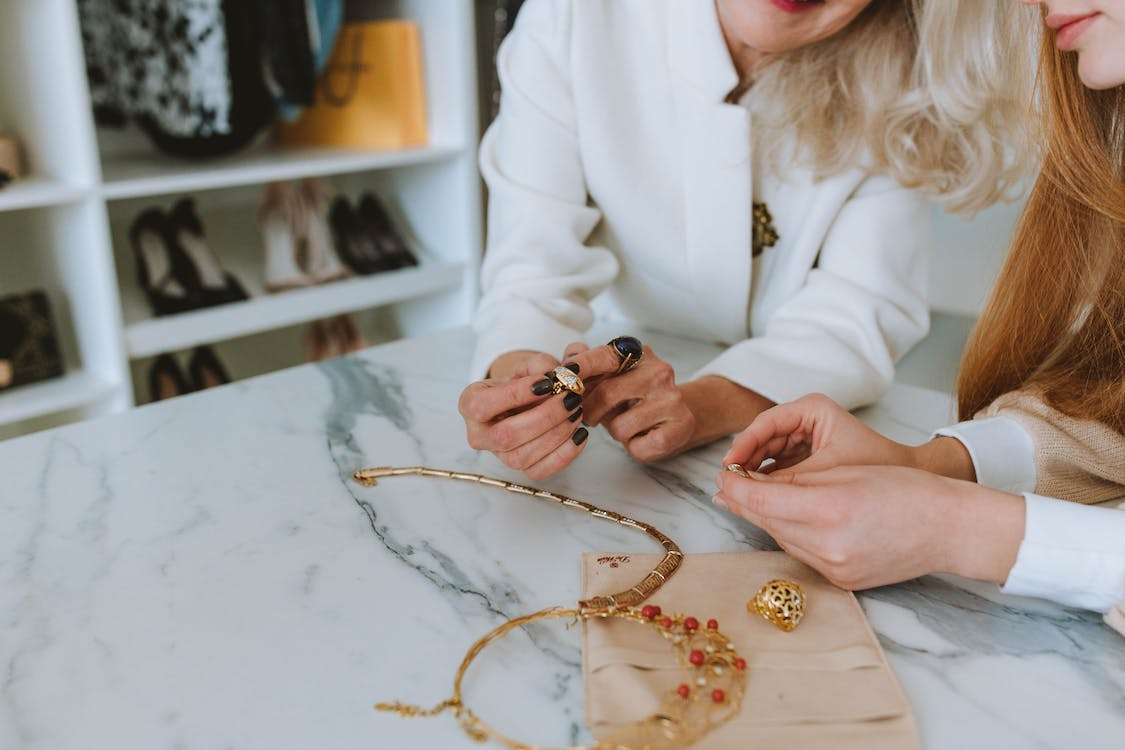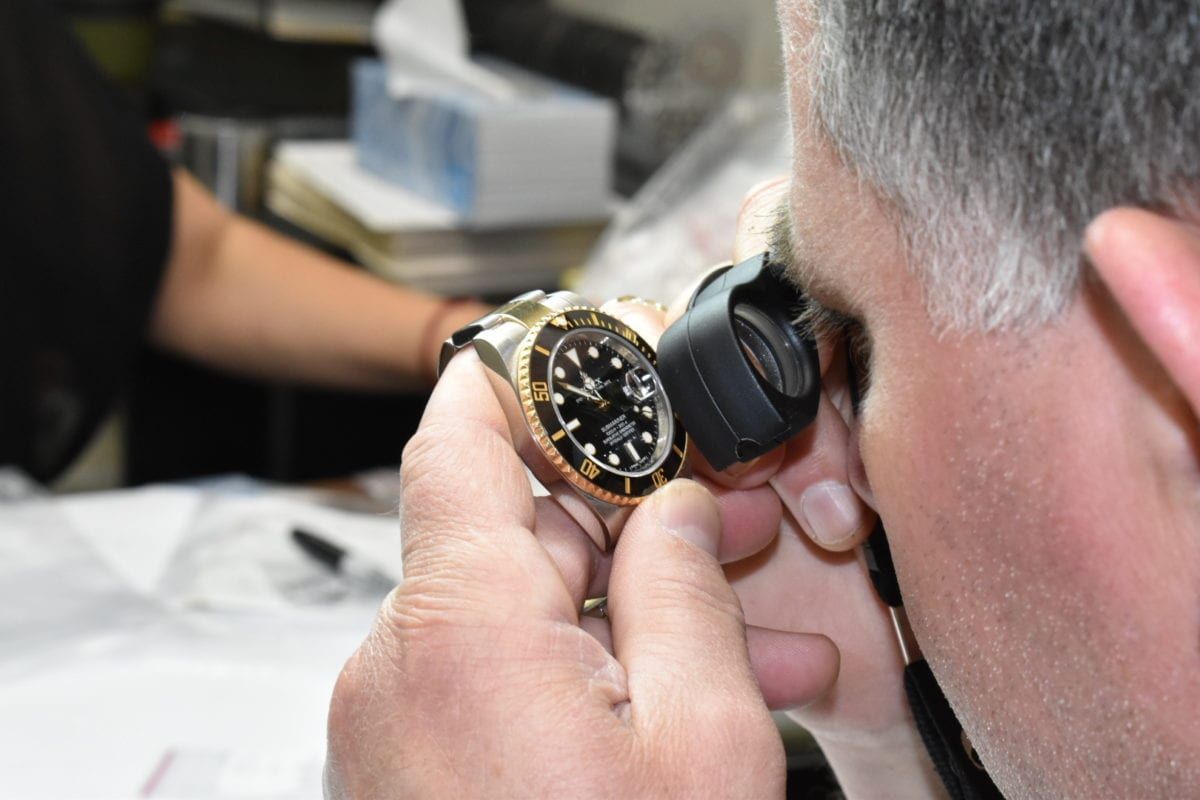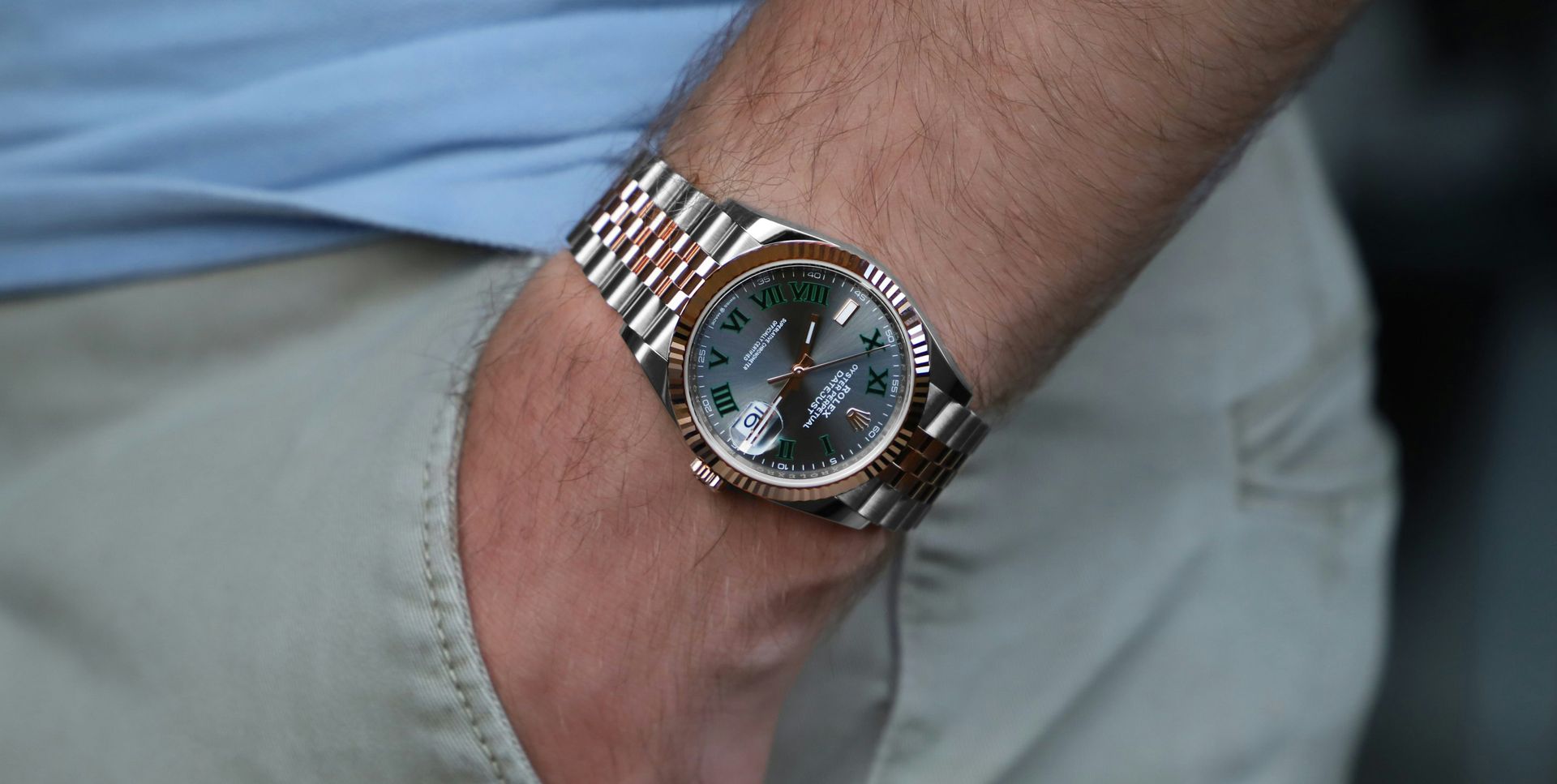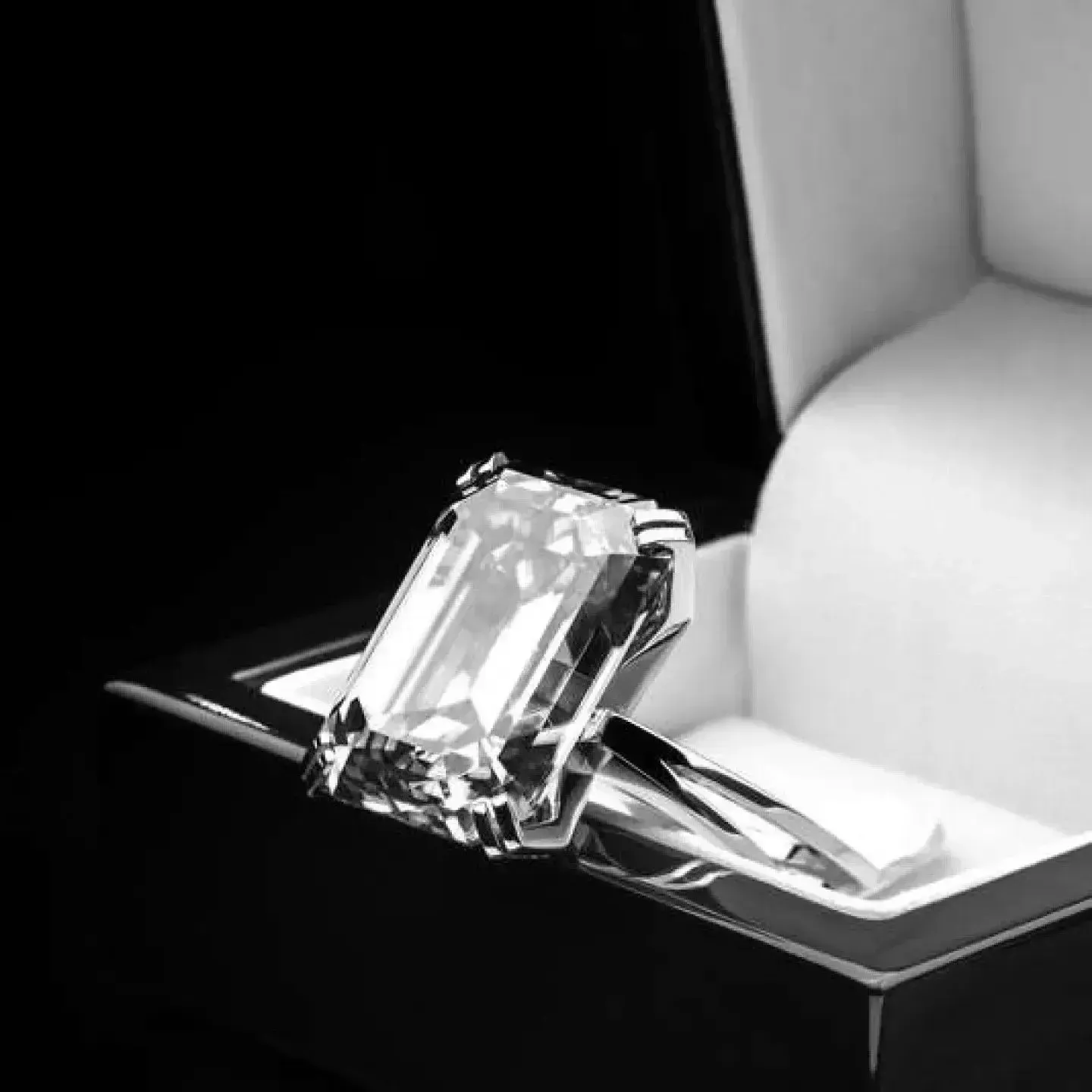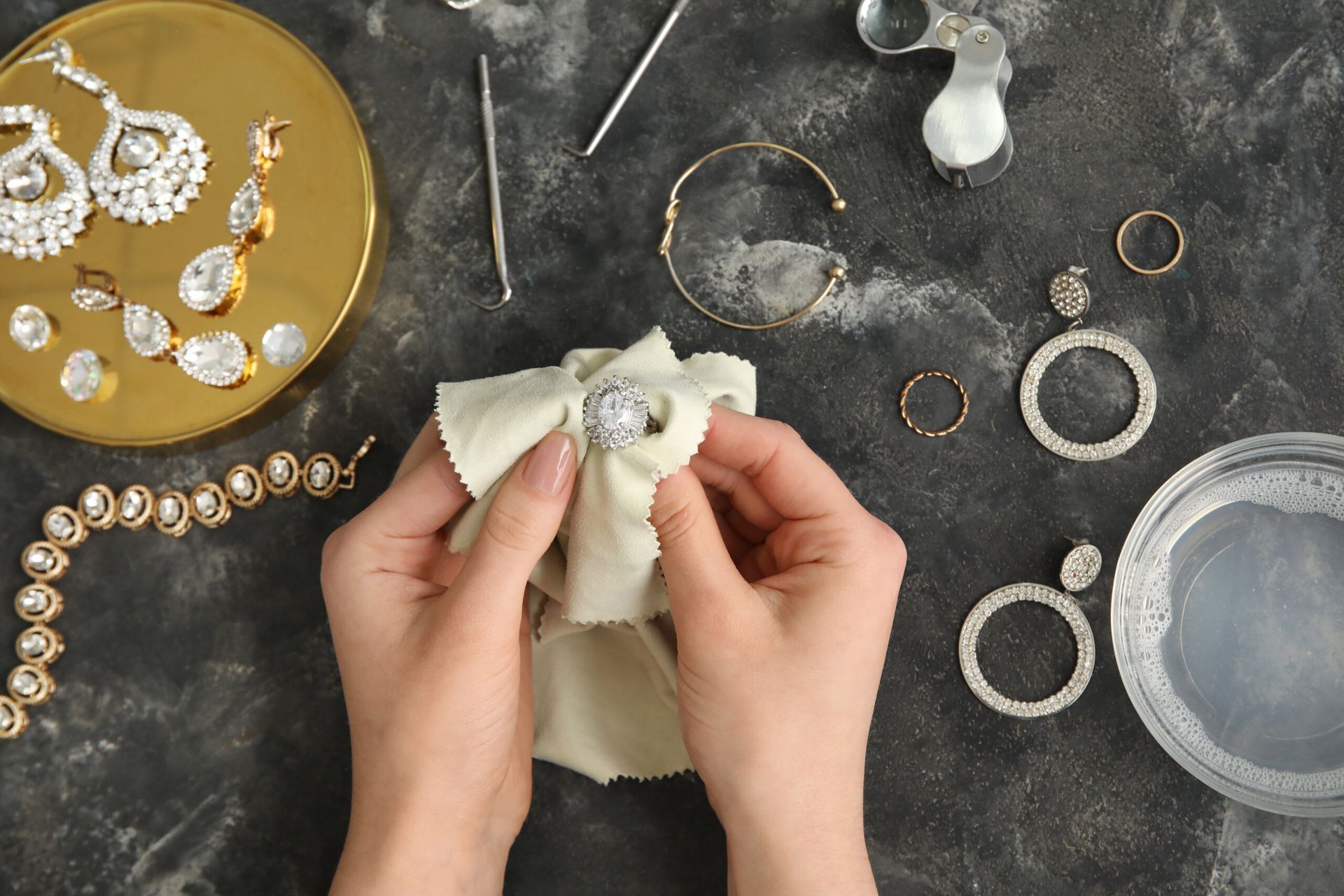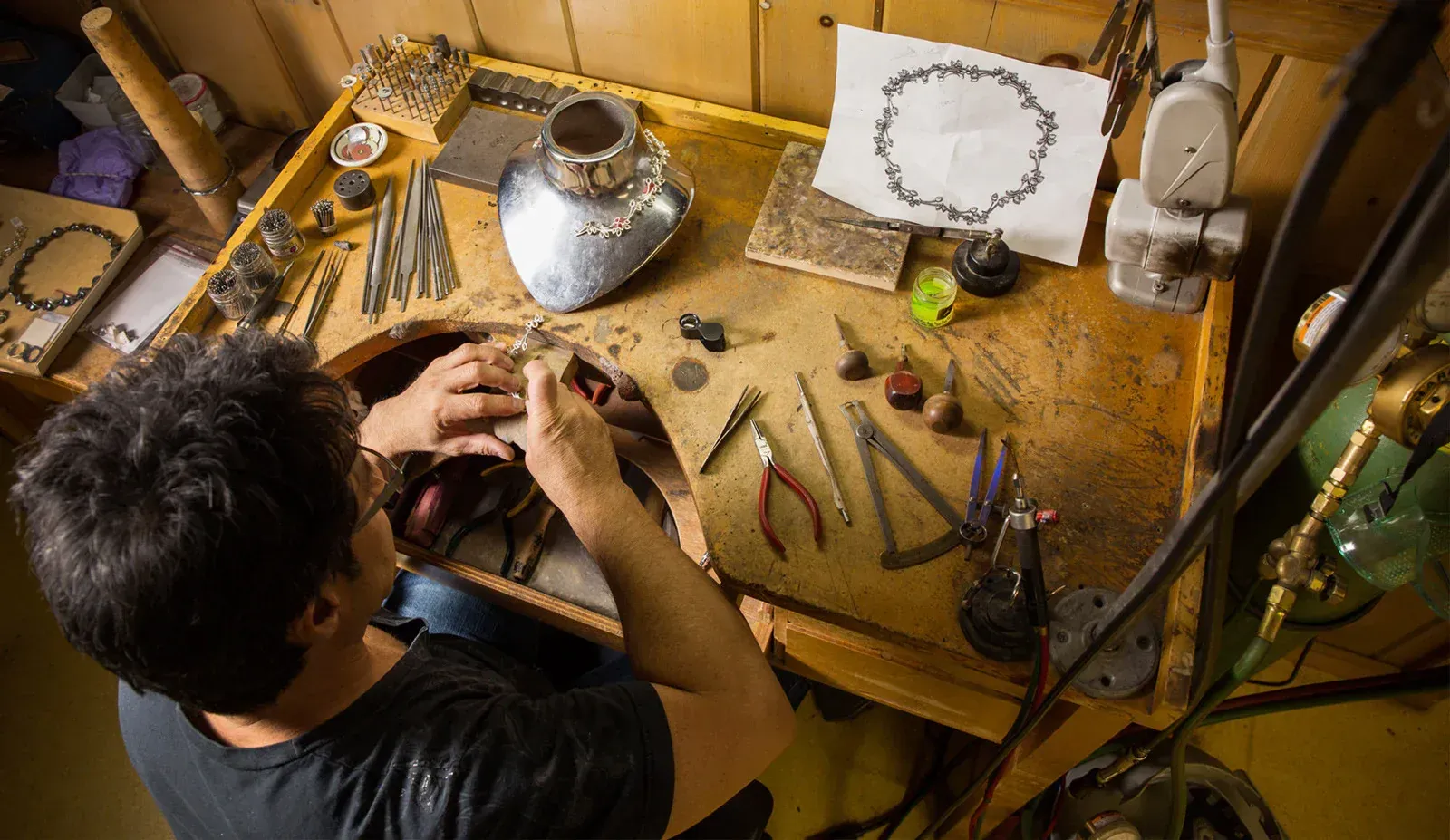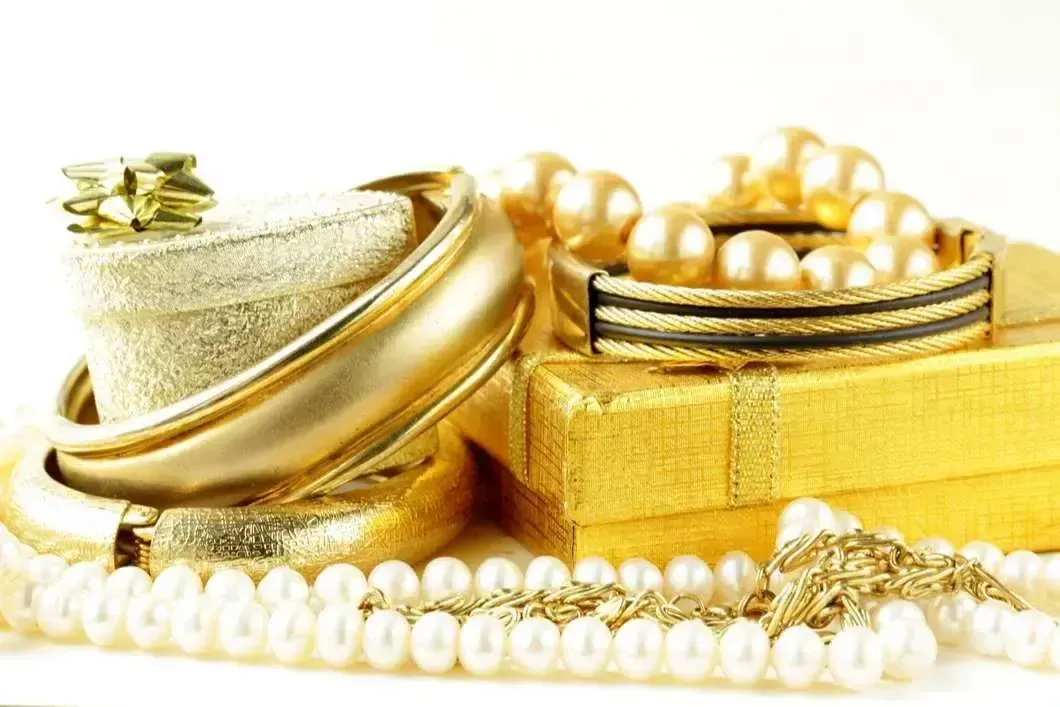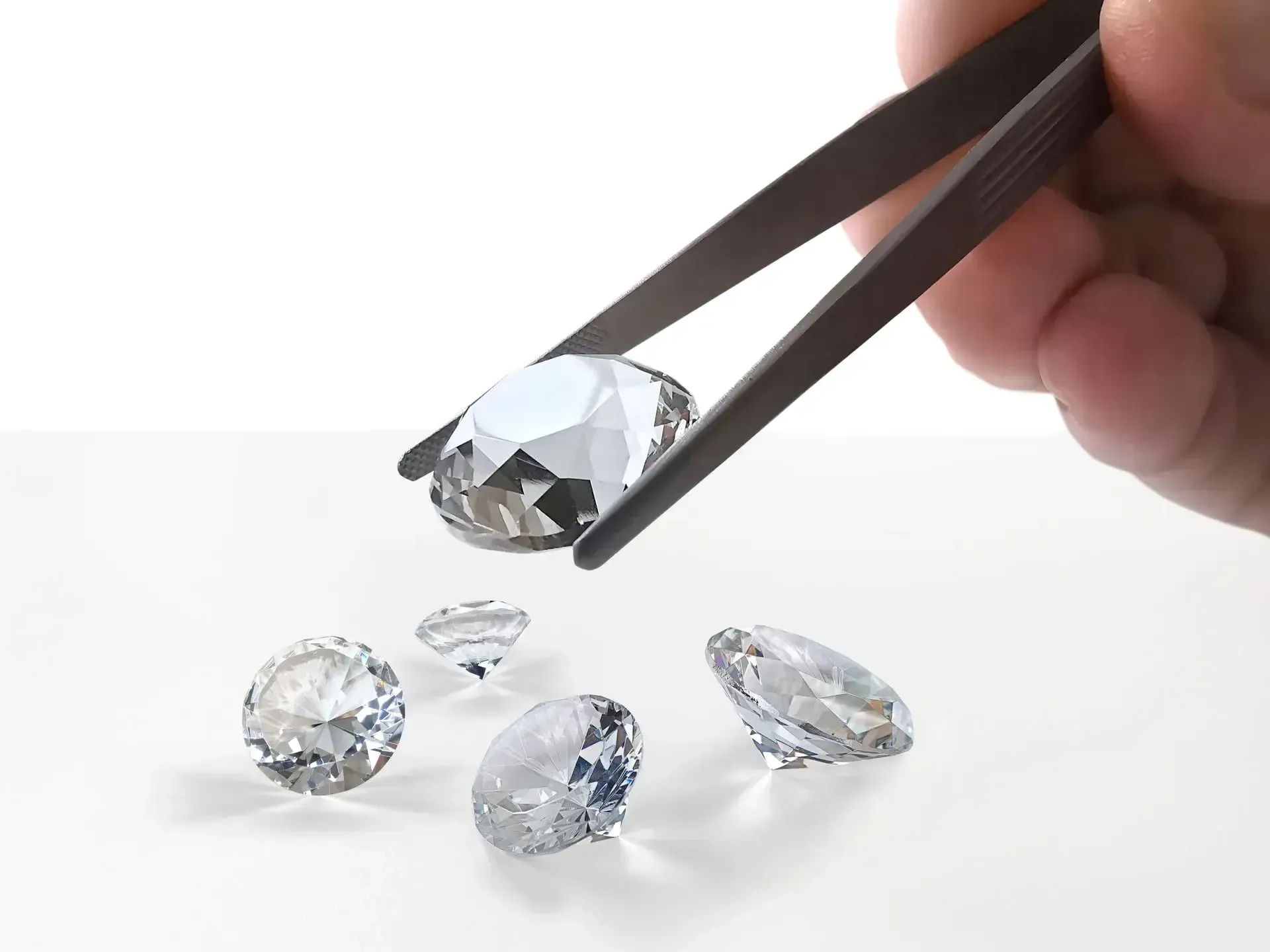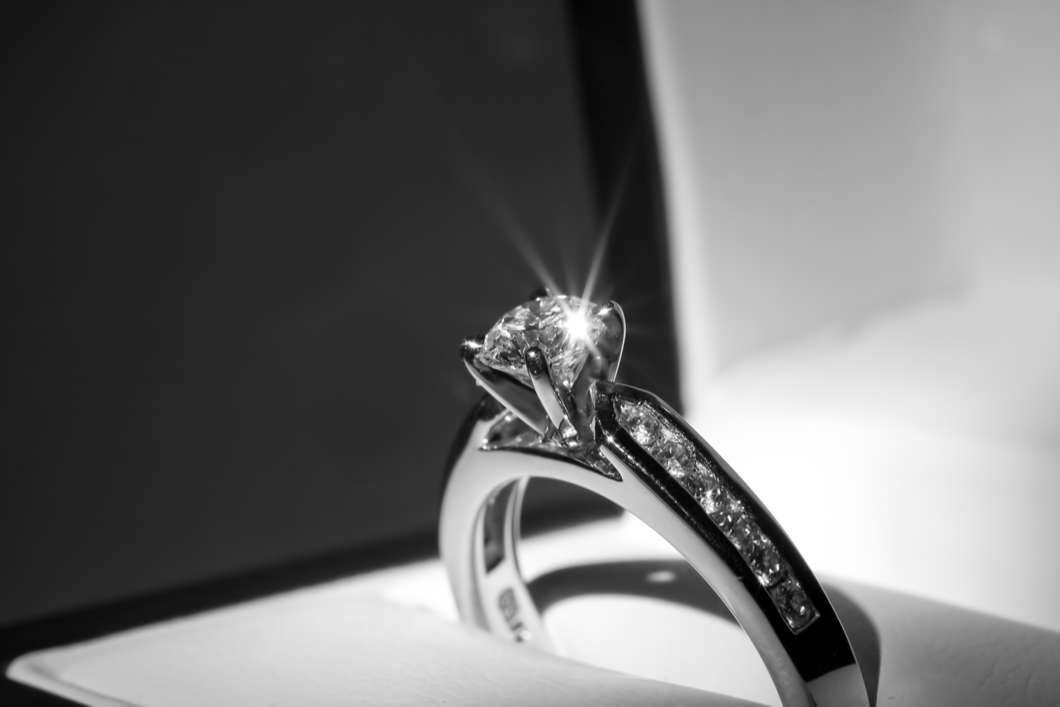Essential Tips for Accurate Jewelry Evaluation
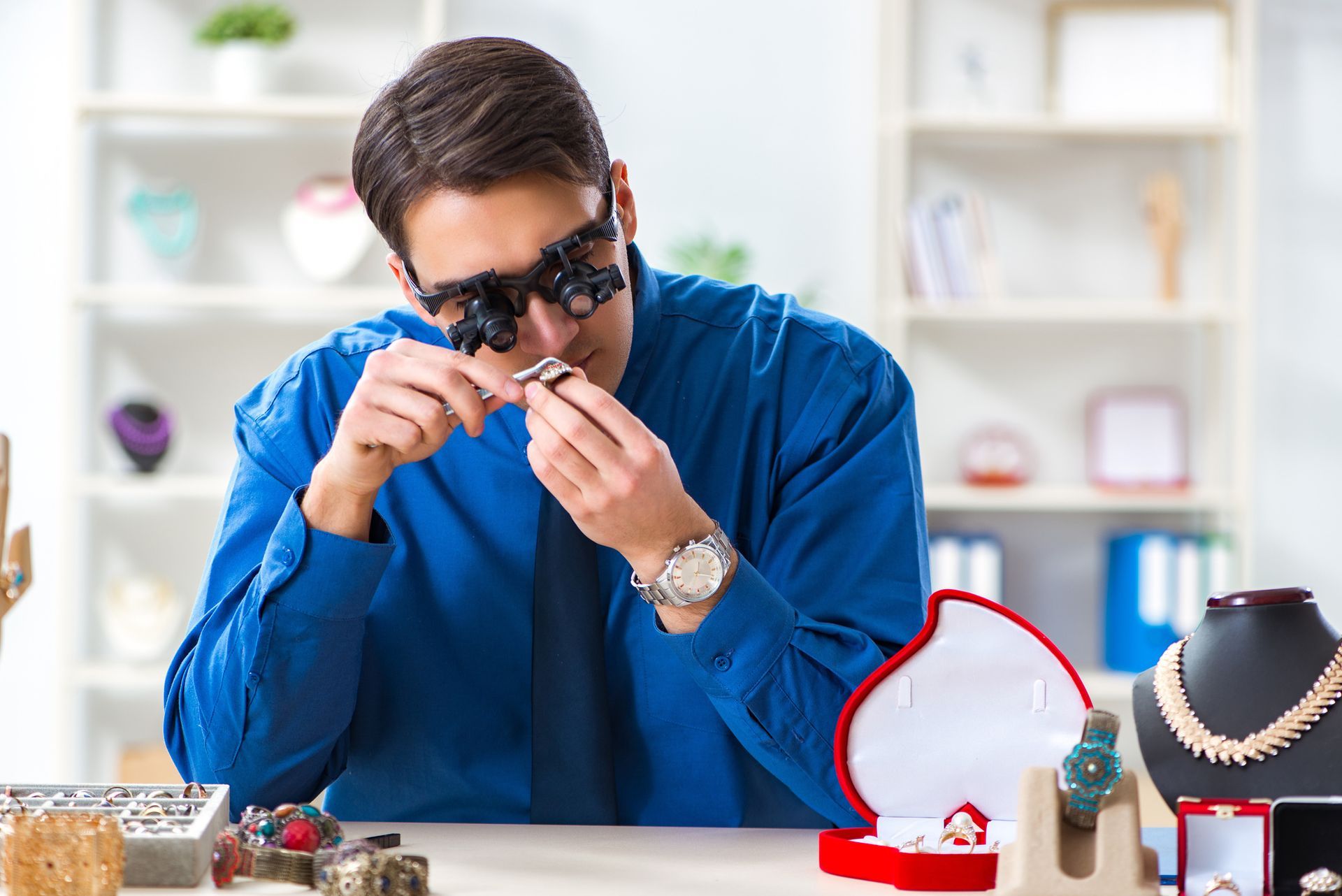
Jewelry evaluation is a thorough process that involves assessing various factors to determine the true value of a piece. Whether you're preparing for an estate sale, seeking insurance coverage, or simply curious about your jewelry's worth, accurate evaluation is crucial.
Here’s a comprehensive guide to help you navigate the essentials of jewelry evaluation and ensure you get the most precise appraisal possible.
Table of Contents:
Essential Tips for Accurate Jewelry Evaluation
Understanding the Basics of Jewelry Evaluation
Key Factors in Jewelry Evaluation
1. Gemstone Quality and Characteristics
2. Metal Purity and Type
3. Craftsmanship and Design
4. Provenance and Historical Significance
5. Market Trends and Demand
Tips for Accurate Jewelry Evaluation
1. Consult a Reputable Jewelry Appraiser
2. Obtain Multiple Appraisals
3. Provide Detailed Information
4. Consider the Costs of Evaluation
5. Keep Records Updated
Conclusion
Get an Accurate Jewelry Evaluation Today!
Frequently Asked Questions (FAQs) -Essential Tips for Accurate Jewelry Evaluation
1. How can I verify the credentials of a jewelry appraiser?
2. What documentation should I provide for an accurate jewelry appraisal?
3. How does the market demand affect the value of my jewelry?
4. What role does the condition of the jewelry play in its valuation?
5. Can an appraisal increase the value of my jewelry?
Understanding the Basics of Jewelry Evaluation
Jewelry evaluation involves examining and appraising pieces to determine their market value. This process requires a deep understanding of different factors such as gemstones, metal quality, craftsmanship, and market trends. Accurate evaluation helps in making informed decisions about selling, buying, or insuring jewelry.
Key Factors in Jewelry Evaluation
Jewelry evaluation is a comprehensive process that involves several critical factors to accurately determine the value of a piece. Understanding these factors can help you get a precise appraisal, whether you’re looking to buy, sell, or insure your jewelry. Here are the key elements that influence jewelry evaluation:
1. Gemstone Quality and Characteristics
Gemstone evaluation is central to determining the value of a piece. The quality of gemstones is assessed based on several factors, often referred to as the Four C’s:
- Carat Weight: This measures the size of the gemstone. Larger gemstones typically have higher value, but carat weight alone doesn’t determine worth.
- Color: For gemstones like diamonds, color grading ranges from D (colorless) to Z (light yellow or brown). The more colorless a diamond, the higher its value.
- Clarity: This refers to the presence of internal or external flaws (inclusions and blemishes). Fewer flaws mean higher clarity and value.
- Cut: The quality of the cut affects how well the gemstone reflects light. A well-cut gemstone will exhibit greater brilliance and value.
For accurate gemstone valuation, it is crucial to consult with an accredited appraiser or a master gemologist appraiser. Certifications from reputable organizations such as the Gemological Institute of America (GIA) provide detailed insights into gemstone quality.
2. Metal Purity and Type
The type and purity of the metal used in jewelry significantly impact its value:
- Metal Type: Common metals include gold, silver, and platinum. Precious metals like platinum and high-karat gold are generally more valuable.
- Purity: Metal purity is measured in karats (for gold) or as a percentage (for platinum and silver). Higher purity metals are worth more.
Jewelry appraisal services should include a thorough analysis of the metal’s type and purity. If you’re dealing with vintage or designer pieces, such as those from Susan Eisen Fine Jewelry, the quality of the metal can further influence the valuation.
3. Craftsmanship and Design
The skill and artistry involved in crafting the jewelry can add significant value:
- Craftsmanship: High-quality craftsmanship involves meticulous attention to detail and expert techniques. Pieces with intricate designs or handcrafted elements often command higher prices.
- Design: Unique or iconic designs, especially from renowned designers, can increase the value of the jewelry. Custom or bespoke pieces are valued based on their originality and design complexity.
For custom creations like engagement rings, the design and craftsmanship are key factors in determining their value. A well-crafted piece from a reputable designer can be highly sought after.
4. Provenance and Historical Significance
The history and origin of a piece of jewelry can greatly influence its value:
- Provenance: Documentation of the piece’s history, including past ownership and its origin, can affect its value. Jewelry with historical significance or celebrity provenance may be worth more.
- Historical Importance: Antique or vintage jewelry, especially those with historical relevance, often have higher value due to their rarity and historical context.
An antique appraisal can be essential for pieces with historical significance. Knowing the piece’s backstory, including its role in estate planning or family heirlooms, can provide additional context for its value.
5. Market Trends and Demand
Current market trends and consumer demand play a crucial role in jewelry valuation:
- Market Trends: Trends in fashion and style can influence the demand and value of certain types of jewelry. Staying updated on market trends helps appraisers provide a valuation that reflects current market conditions.
- Demand: The demand for specific styles, brands, or types of jewelry can affect their value. Pieces that are currently in high demand may fetch higher prices.
For accurate valuation during an estate sale or when considering liquidation, understanding market trends and demand is essential. An up-to-date appraisal ensures that the valuation reflects the current market scenario.
Tips for Accurate Jewelry Evaluation
Accurate jewelry evaluation is crucial whether you’re planning to sell, insure, or simply understand the value of your jewelry. Here’s a comprehensive guide to ensure you get a precise and fair appraisal:
Consult a Reputable Jewelry Appraiser
- For an accurate appraisal, it is essential to consult with a qualified jewelry appraiser. Look for professionals with years of experience and credentials from recognized organizations such as the American Society of Appraisers (ASA) or GIA.
- Bay Appraisals Jewelry offers accredited jewelry appraisal services that can ensure a precise evaluation based on expertise and industry standards.
Obtain Multiple Appraisals
- If possible, get multiple appraisals from different jewelers or appraisal services. This helps ensure that you receive a fair and accurate valuation based on a broader range of expert opinions.
- Multiple appraisals are especially useful for high-value items like fine watches or estate jewelry.
Provide Detailed Information
- When seeking an appraisal, provide as much detailed information as possible about the piece of jewelry. This includes any certificates of authenticity, previous appraisals, and information about the piece’s history.
- Detailed documentation helps the appraiser accurately assess the value based on all available information.
Consider the Costs of Evaluation
- Understand the costs associated with jewelry appraisal services. Some appraisers charge a flat fee, while others may charge based on the value of the piece. Ensure that the cost aligns with the quality and expertise of the appraisal.
- Consider the value of the piece when evaluating the cost of watch repair or other specialized services.
Keep Records Updated
- Regularly update your jewelry records and appraisals, especially if you have made changes to the piece or if there have been significant market shifts. Updated records ensure that your valuation reflects the current state and market value of your jewelry.
- Keeping records updated is important for both estate sales and insurance purposes.
Conclusion
Accurate jewelry evaluation is essential for making informed decisions regarding buying, selling, or insuring your pieces. By understanding key factors, consulting with reputable appraisers, and staying informed about market trends, you can ensure that you receive a fair and precise valuation.
Whether you are dealing with estate jewelry appraisal, high-end fine watches, or family heirlooms, following these essential tips will help you navigate the evaluation process effectively
Get an Accurate Jewelry Evaluation Today!
Are you looking to get a precise valuation for your piece of jewelry? Whether you own fine jewelry, need a Rolex appraisal, or are seeking expert estate jewelry appraisal services, Bay Appraisals Jewelry is here to help. Our jewelry appraisal services cover everything from Rolex authentication to watch appraisal and fine watches appraisal.
With our experienced jewelry appraisers, including accredited professionals who specialize in estate appraisal and jewelry appraisal, you can trust that your jewelry is in expert hands. Serving areas including El Paso, TX, Horizon, TX, Socorro, TX, Las Cruces, NM, and Sunland Park, NM, we provide comprehensive evaluations to ensure you receive the fair market value of your jewelry.
For reliable and thorough appraisals, contact Bay Appraisals Jewelry at (915) 300-9272. Let our skilled jewelry appraisers and fine watches appraisers assist you in getting the most accurate value for your precious pieces.
Frequently Asked Questions (FAQs) -Essential Tips for Accurate Jewelry Evaluation
1. How can I verify the credentials of a jewelry appraiser?
When choosing a jewelry appraiser, it’s crucial to verify their credentials to ensure they are qualified and reputable. Look for appraisers who are accredited by recognized organizations such as the American Society of Appraisers (ASA) or the Gemological Institute of America (GIA). An accredited appraiser typically has years of experience and is trained to provide reliable evaluations. Additionally, check for any professional memberships or certifications that indicate their expertise in the field.
2. What documentation should I provide for an accurate jewelry appraisal?
To ensure an accurate jewelry appraisal, provide as much documentation as possible about the piece of jewelry. This includes any certificates of authenticity, previous appraisal services records, purchase receipts, and details about the gemstones or materials used. Providing a detailed history of the jewelry, such as its origin or any estate planning documents, can also aid in a more precise valuation.
3. How does the market demand affect the value of my jewelry?
The market demand for certain types of jewelry can significantly impact its value. For example, trends in fine jewelry and engagement rings can fluctuate based on fashion and consumer preferences. An appraiser will consider current market trends, historical data, and the fair market value when evaluating your piece. Understanding these factors can help you gauge how market demand influences the appraisal outcome.
4. What role does the condition of the jewelry play in its valuation?
The condition of your jewelry is a critical factor in its overall valuation. Items that are well-maintained and in excellent condition will generally have a higher value than those that are damaged or worn. Regular watch repair and careful maintenance can preserve the integrity of the jewelry. An appraiser will assess any repairs or wear and tear as part of the evaluation process to determine its current value.
5. Can an appraisal increase the value of my jewelry?
While an appraisal itself does not increase the value of your jewelry, it provides a professional assessment of its worth based on current market conditions and intrinsic factors. If you plan to sell jewelry or use it for estate sales, having a detailed and accurate appraisal can help you set a fair price or make informed decisions. Additionally, understanding the value can be beneficial for estate planning or liquidation purposes
